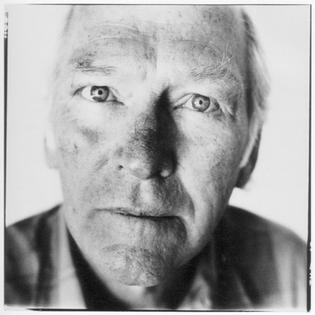A Quote by Henry James
God's creature is one. He makes man, not men. His true creature is unitary and infinite, revealing himself, indeed, in every finite form, but compromised by none.
Related Quotes
The true value of the Christian religion rests, not upon speculative views of the Creator, which must necessarily be different in each individual, according to the extent of the knowledge of the finite being, who employs his own feeble powers in contemplating the infinite: but it rests upon those doctrines of kindness and benevolence which that religion claims and enforces, not merely in favour of man himself but of every creature susceptible of pain or of happiness.
I know that in many things I am not like others, but I do not know what I really am like. Man cannot compare himself with any other creature; he is not a monkey, not a cow, not a tree. I am a man. But what is it to be that? Like every other being, I am a splinter of the infinite deity, but I cannot contrast myself with any animal, any plant or any stone. Only a mythical being has a range greater than man's. How then can man form any definite opinions about himself?.
One of the things in the Mary Shelley [Frankenstein] is that the creature tells his story, so this begins with the creature's point of view. So, it literally starts with the creature opening his eyes and is born - but is obviously in his 30s. But because they're the creator and the created we thought it would be really interesting if they could look at each other every other night and play each other's roles.
A man's at odds to know his mind cause his mind is aught he has to know it with. He can know his heart, but he dont want to. Rightly so. Best not to look in there. It aint the heart of a creature that is bound in the way that God has set for it. You can find meanness in the least of creatures, but when God made man the devil was at his elbow. A creature that can do anything. Make a machine. And a machine to make the machine. And evil that can run itself a thousand years, no need to tend it.
Paul taught that religions evolved because man did not honor the true God. Because of rebellion, they "exchanged the glory of the incorruptible God for an image in the form of the corruptible man and birds and four-footed animals and crawling creatures." One characteristic of idolatry is that it always confuses the creature with the creator.







































